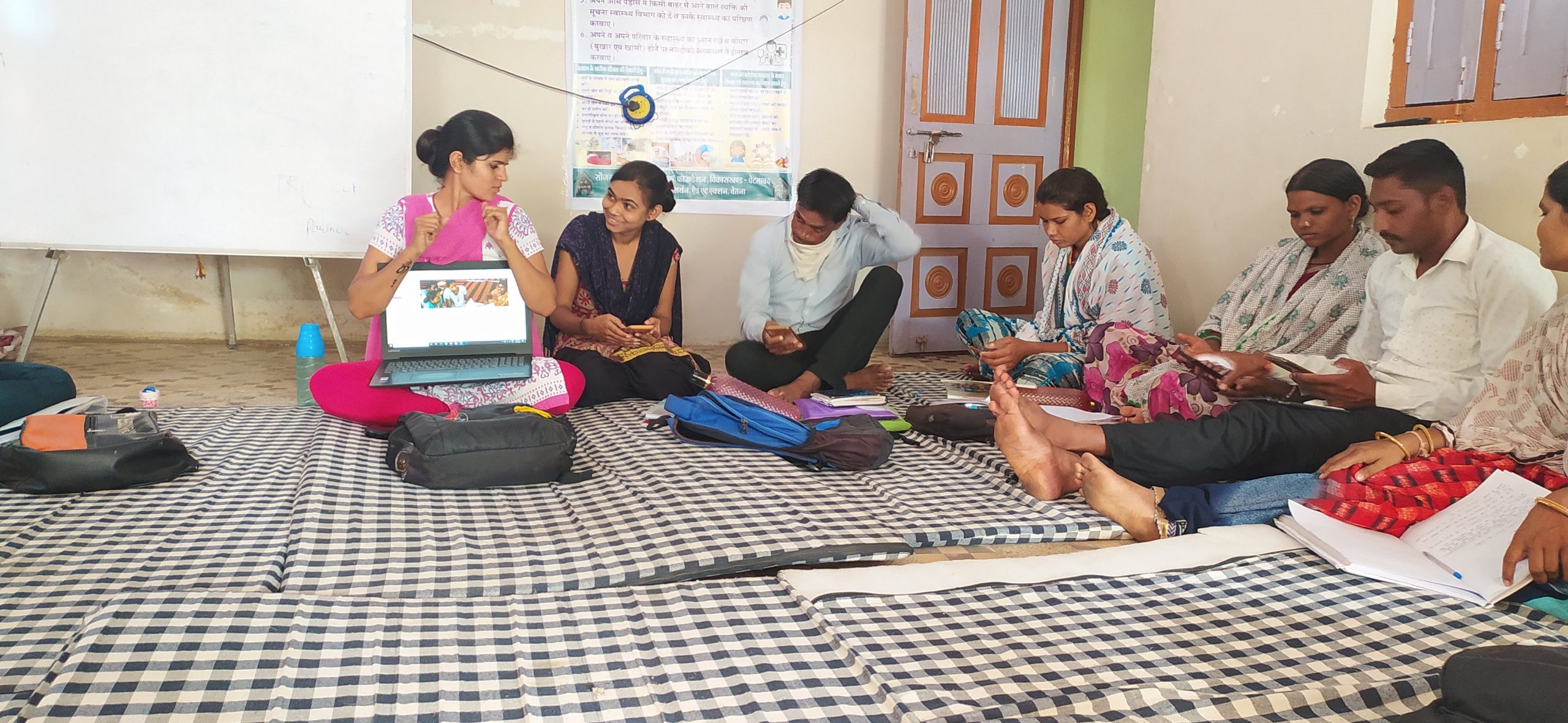
Why urban youth should care about rural India
India’s youth have the potential to bridge the urban–rural divide and bring about social, economic and digital inclusion, and also ensure sustainable development.

India’s youth have the potential to bridge the urban–rural divide and bring about social, economic and digital inclusion, and also ensure sustainable development.
In the vast tapestry of India’s landscape, the rural hinterlands emerge as pivotal entities that demand the attention and involvement of the nation’s youth. This imperative stems from a confluence of factors that intertwine economic, social and cultural dimensions, making the nurturing of rural India not only a moral obligation but a strategic necessity for the holistic development of the nation.
The youth of India can play a pivotal role in addressing pressing social issues, such as gender inequality, poverty and environmental degradation. Quoting Mahatma Gandhi, “Be the change you want to see in the world”, youth can inspire transformative actions and bridge the gap between intent and impact.
However, realising the potential of India’s youth requires concerted efforts from all stakeholders. It demands a collaborative approach involving the government, educational institutions, private enterprises and civil society organisations.

Policies must be crafted to foster an ecosystem that nurtures talent, rewards innovation and provides equal opportunities for all. Investments in skill development, vocational training and research and development are essential to equip the youth with the necessary tools to thrive in a rapidly evolving world.
A significant percentage of the country’s population resides in rural India. So, ignoring rural areas would mean neglecting a large segment of society. At the heart of this lies the principle of inclusivity and social equity.
Rural India embodies a mosaic of cultures, traditions and communities. Overlooking the needs of the rural people perpetuates a cycle of social and economic disparities, hindering the nation’s progress towards a truly inclusive society. To care about rural India is to recognise the diversity within the nation and strive for an equitable distribution of opportunities and resources.
Also Read: India’s rural youth show high interest in entrepreneurship, finds survey
Bridging the digital divide between urban and rural areas is crucial for the overall development of the country. The youth can play a role in advocating and implementing digital inclusion initiatives in rural India.
Agriculture is a major contributor to India’s economy and is practised in rural areas. Youth should care about rural India because its economic development has a direct impact on the overall economic growth of the country.

Economic development stands as another compelling reason for youth to direct their attention towards rural India. Agriculture, a cornerstone of the rural economy, contributes substantially to the nation’s GDP.
The active engagement of youth in rural development can catalyse economic growth by enhancing agricultural productivity, fostering agribusiness and nurturing rural industries. This, in turn, translates into job creation and sustainable livelihoods, addressing not just economic disparities but also promoting the overall well-being of rural communities.
Rural areas provide employment opportunities in sectors such as agriculture, agribusiness and rural industries. By focusing on rural development, the youth can contribute to creating more job opportunities for themselves and others.
Rural areas often hold the key to sustainable development practices. Focussing on sustainable agriculture, renewable energy and eco-friendly initiatives in rural India can set the tone for a sustainable and resilient nation.
Also Read: Rural youth: old prejudices or real disadvantages?
Villagers are often the custodians of natural resources. Therefore the youth can engage in initiatives that promote environmental conservation and sustainable resource management in rural regions.
Rural areas often hold the key to implementing environmentally conscious practices, be it in agriculture, energy usage or resource management. By championing eco-friendly initiatives in rural India, youth can contribute significantly to the nation’s efforts in building a sustainable and resilient future.

Furthermore, environmental conservation becomes a shared responsibility that the youth can shoulder in rural areas. These regions often house critical natural resources and the youth’s engagement in environmental conservation efforts, such as promoting sustainable farming practices and protecting biodiversity, aligns with the global efforts to combat climate change.
Cultural preservation is yet another facet that underscores the importance of caring about rural India. Villages are repositories of diverse culture and traditions that have stood the test of time. Youth, by immersing themselves in the fabric of rural life, can play a vital role in understanding, appreciating and preserving these unique cultural heritages. This not only prevents the erosion of traditional practices but fosters a sense of pride and continuity within these communities.
Addressing social issues is a critical dimension of youth engagement in rural development. Disparities in education and healthcare are often more pronounced in rural areas, necessitating targeted interventions.
The youth, by investing their energy and resources in initiatives that bridge these gaps, contribute to the creation of a more just and equitable society where quality education and healthcare are accessible to all, regardless of geographical location.
Also Read: Out of India into Africa – sharing youth engagement strategies
In conclusion, caring about rural India is not merely a philanthropic endeavour; it is an investment in the nation’s future. Youth, as the torchbearers of change and progress, have a crucial role to play in shaping a more inclusive, sustainable and culturally rich India. By actively participating in rural development, youth contribute not only to the upliftment of rural communities but also to the collective strength and resilience of the nation as a whole.
Shaumita Dasgupta is an LLB student at Kirit P Mehta School of Law, Mumbai.